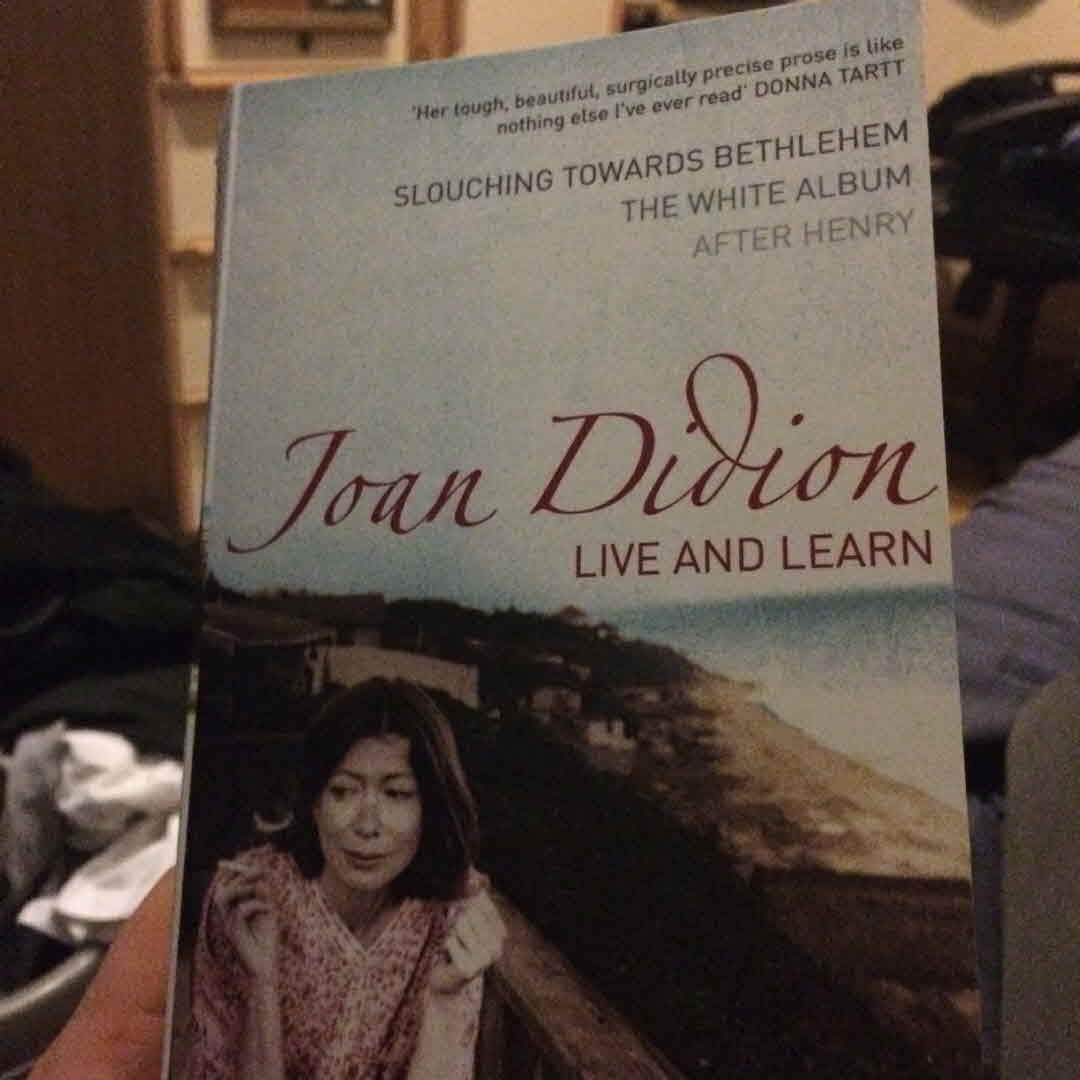
We tell ourselves stories in order to live.
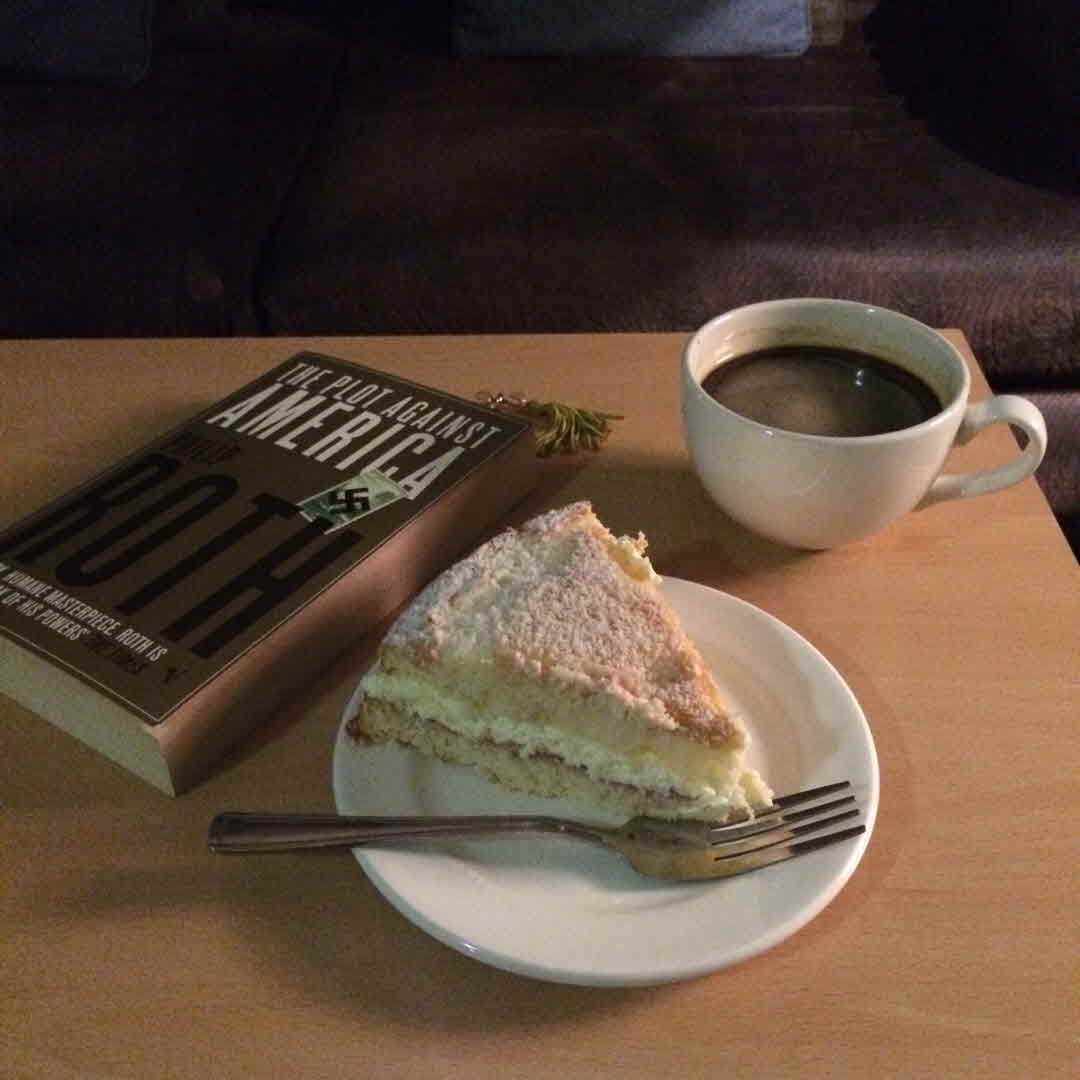
When I asked my father to explain what the words meant - absorbed by the headlines and weighed down by all my anxious thoughts, I was more and more asking what everything meant - he frowned and said, "It means turning our back on our friends. It means making friends with the enemies. You know what it means, son? It means destroying everything that America stands for."
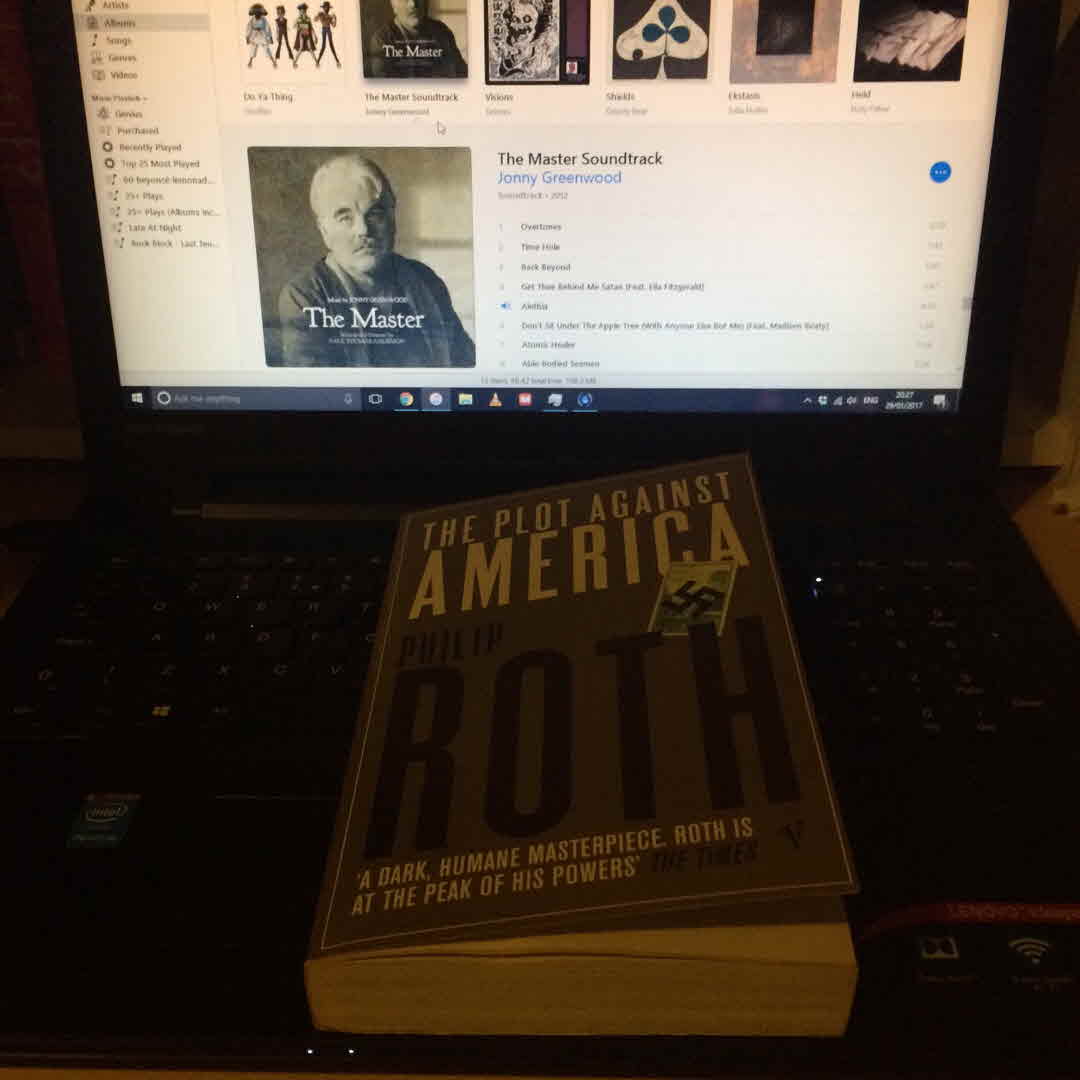
I eagerly observed its national holidays, and without giving a second thought to my affinity for the Fourth of July fireworks or the Thanksgiving turkey or the Decoration Day double-header. Our homeland was America.
Then the Republicans nominated Lindbergh and everything changed.
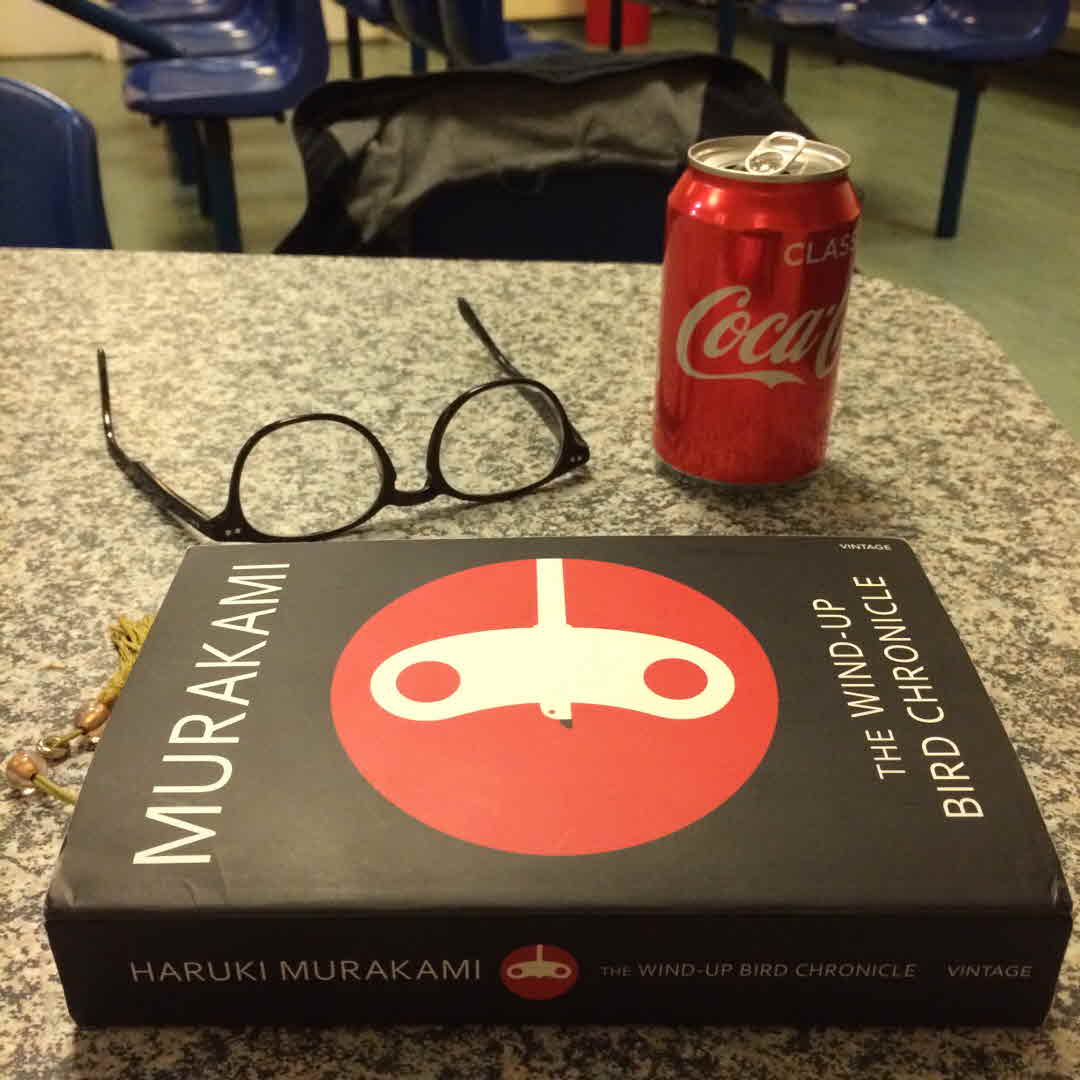
Reality spilled out into the alley like water from an overfilled bowl - as sound, as smell, as image, as plea, as response.
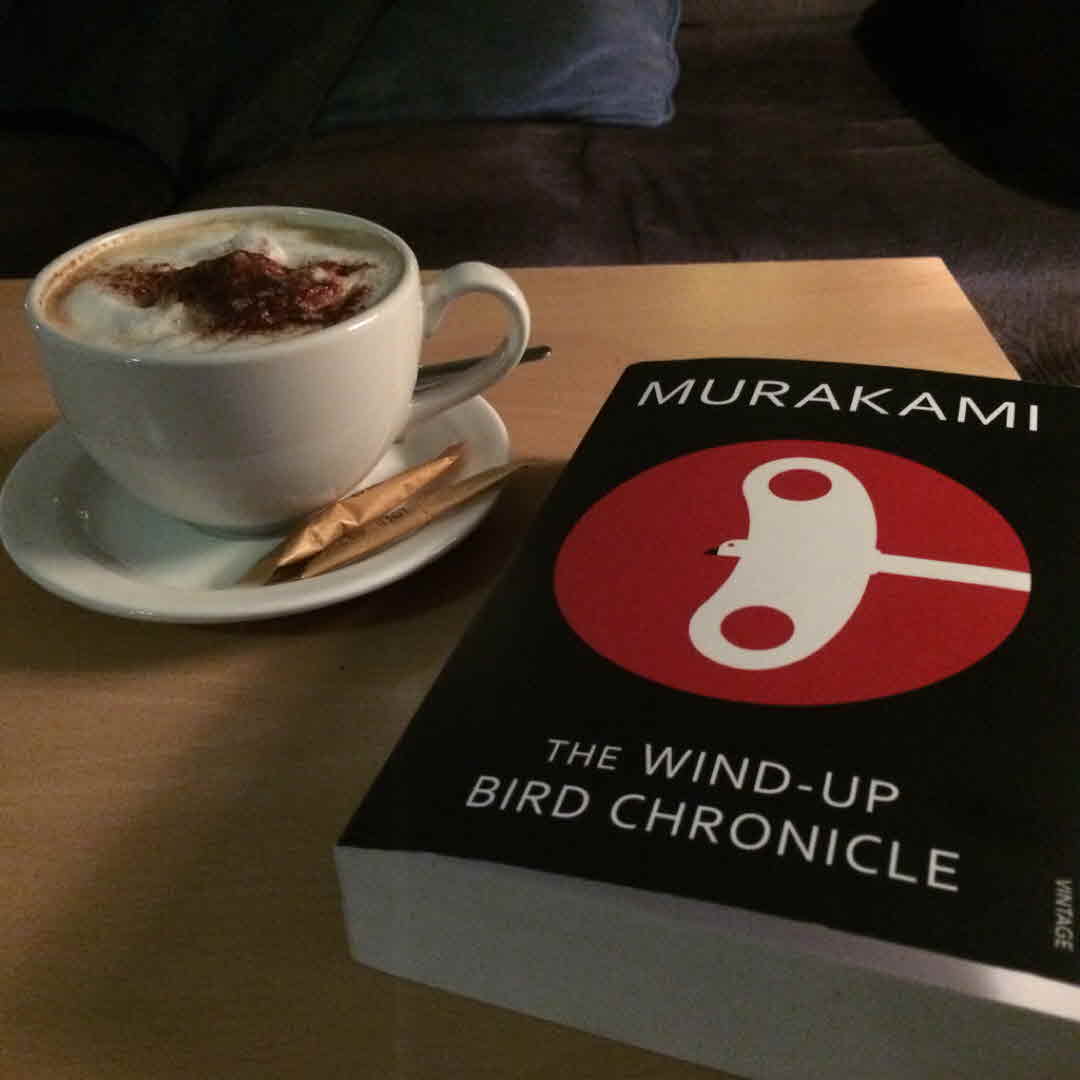
Kumiko and I felt something for each other from the start. It was not one of those strong, impulsive feelings that can hit two people like an electric shock when they first meet, but something quieter and gentler, like two tiny lights traveling in tandem through a vast darkness and drawing imperceptibly closer to each other as they go.
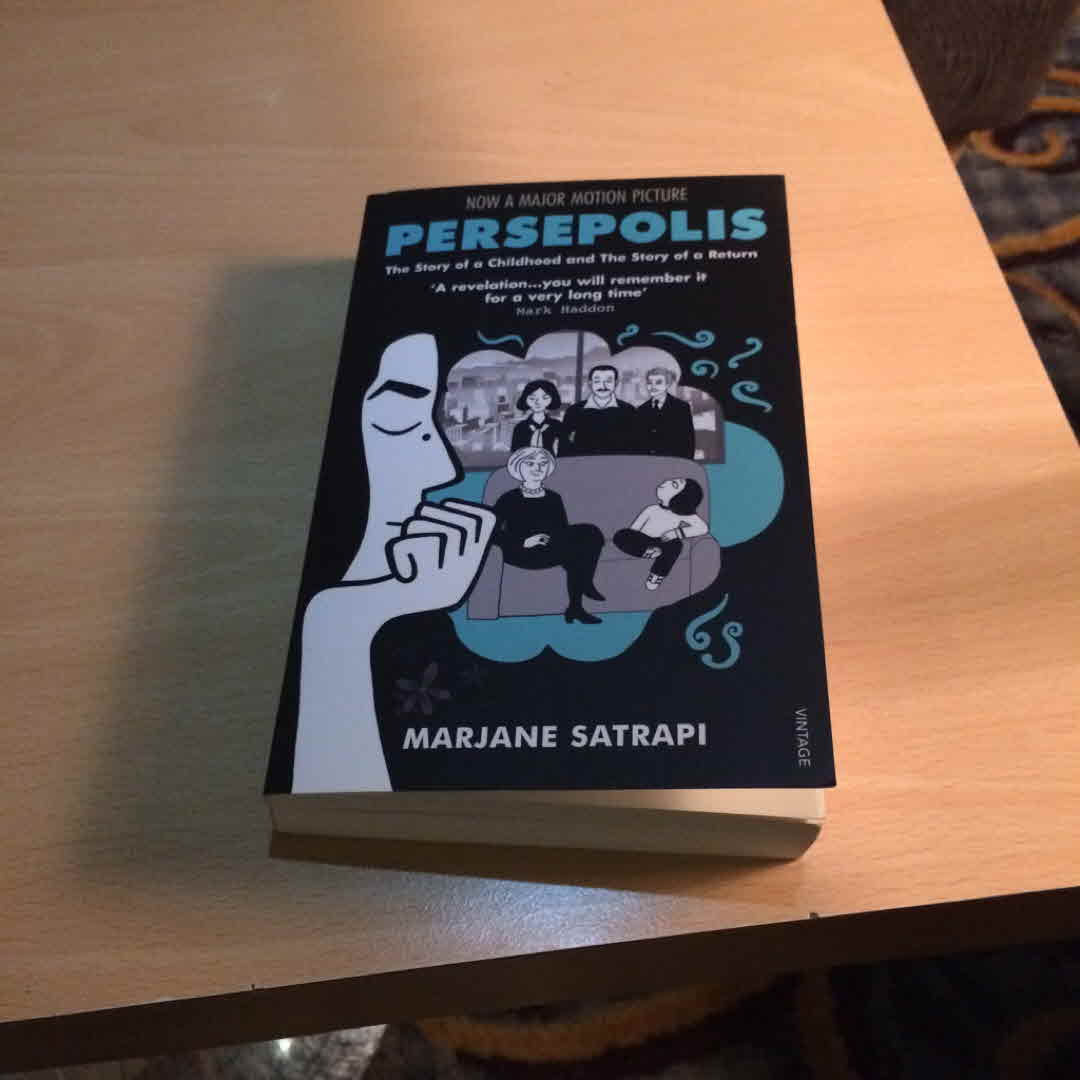
The key to paradise was for poor people. Thousands of young kids, promised a better life, exploded on the minefields with their keys around their necks.
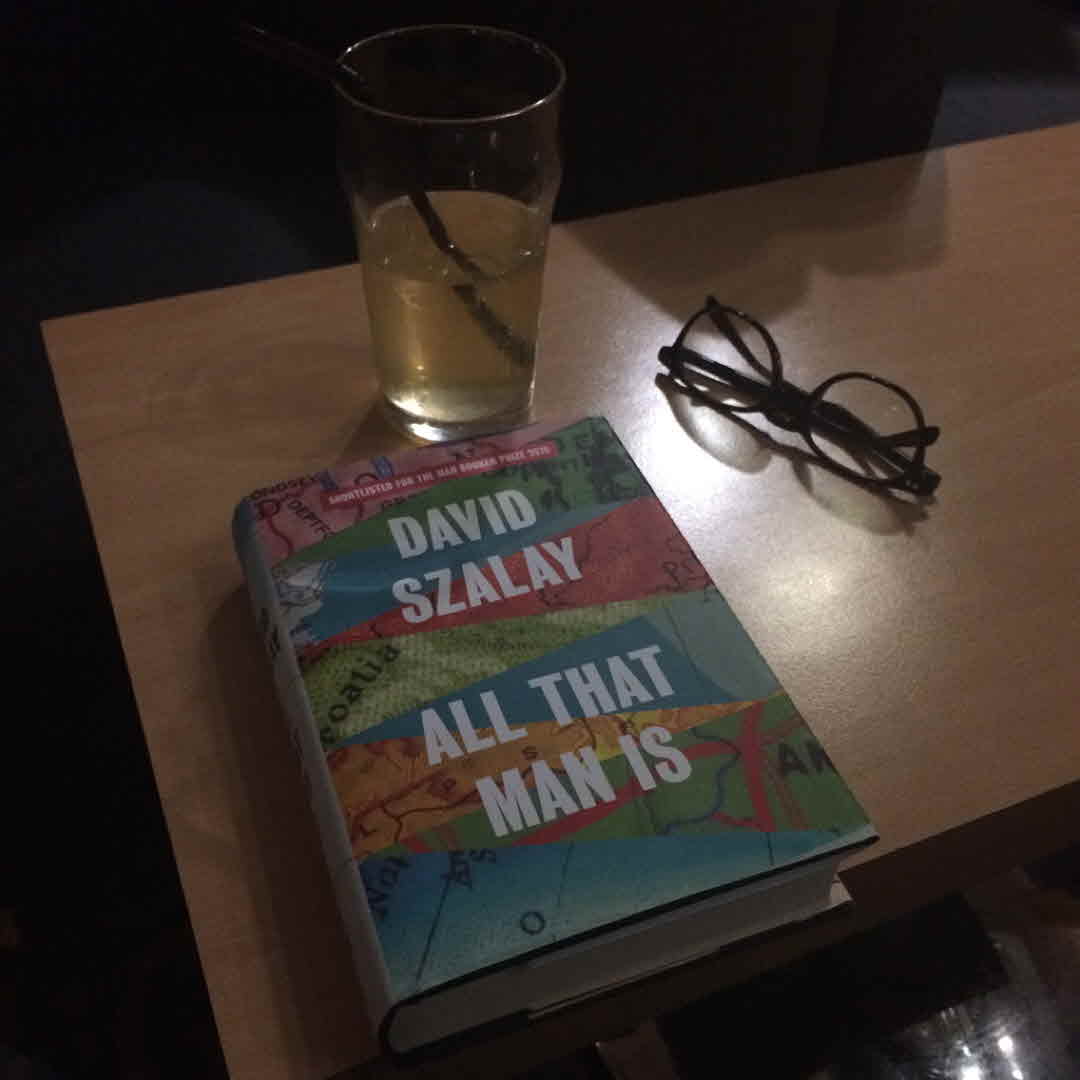
There is a strange sense of loss, a sense of loss without an obvious object.
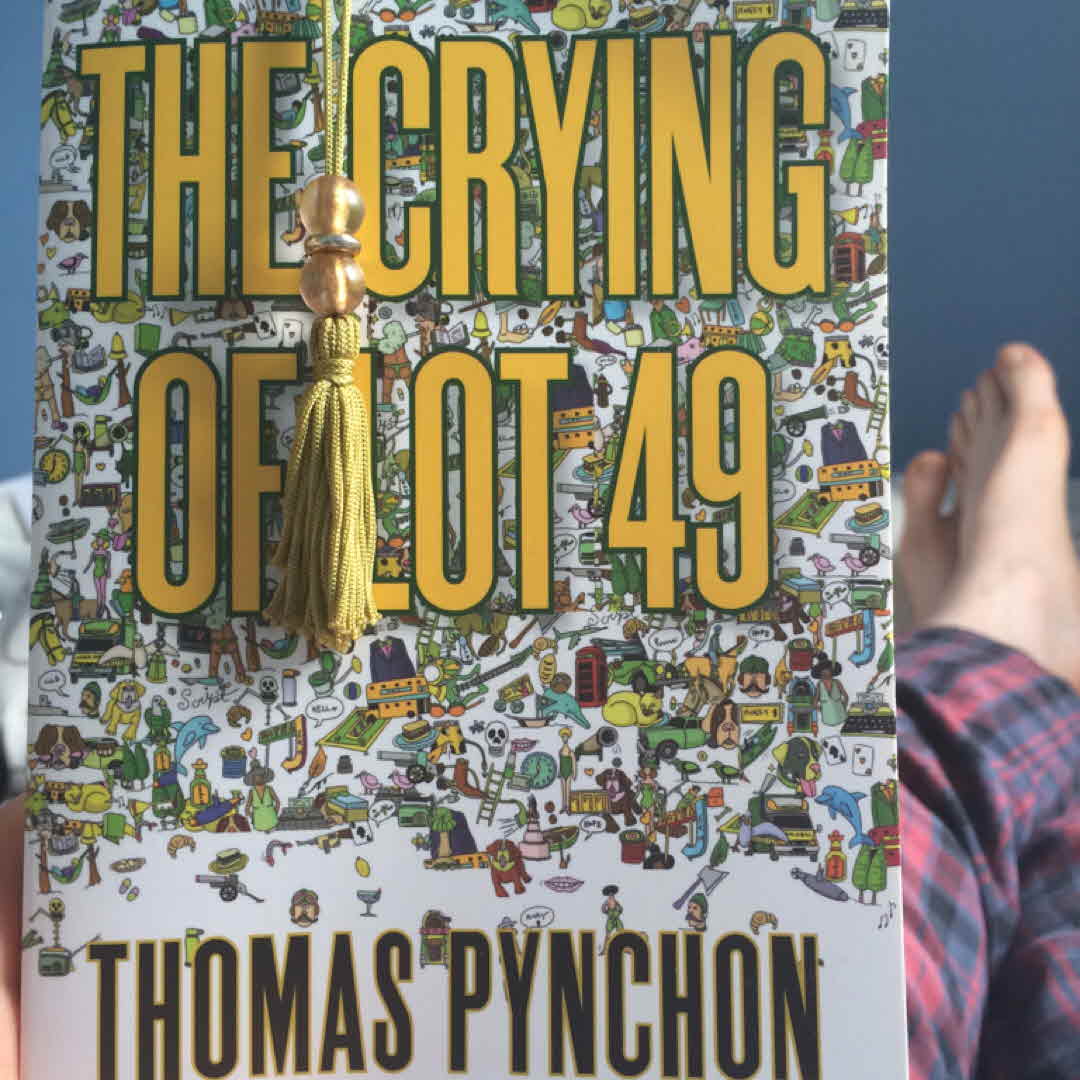
As if their home cemetery in some way still did exist, in a land where you could somehow walk, and not need the East San Narciso Freeway, and bones still could rest in peace, nourishing ghosts of dandelions, no one to plough them up. As if the dead really do persist, even in a bottle of wine.